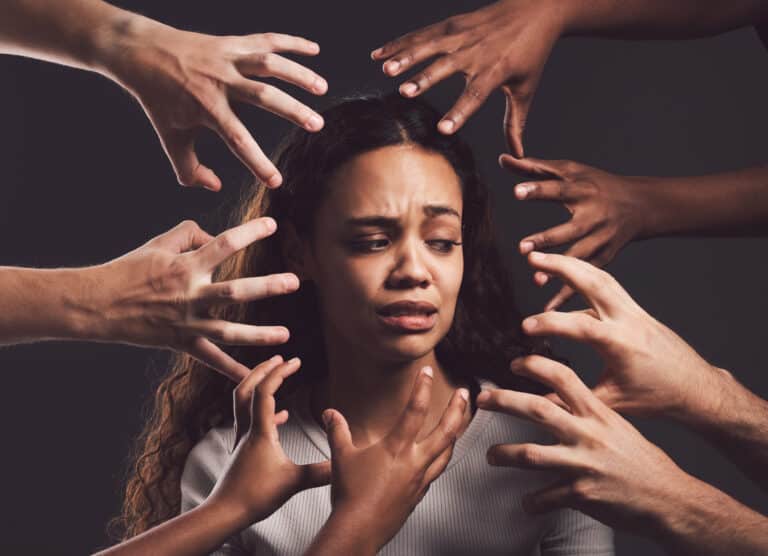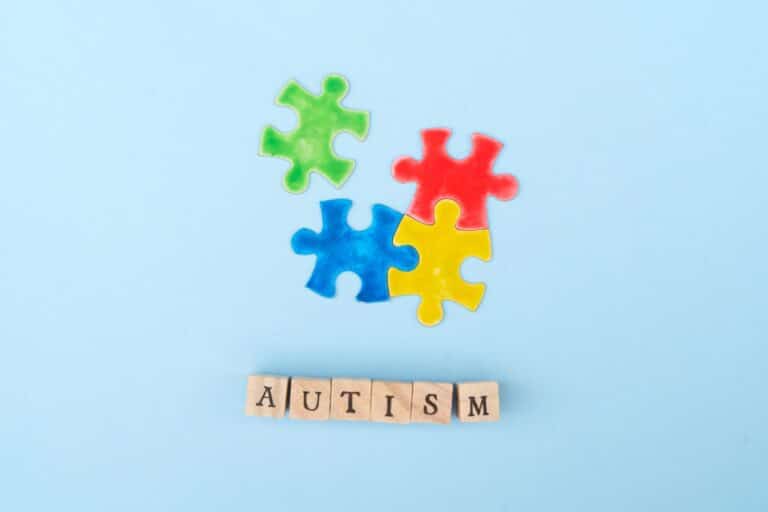Given the amount of attention around medicinal marijuana’s potential benefits, it’s tempting to assume that this substance is safer than others.
Marijuana, however, carries several risks, especially when used with other prescription drugs or illicit substances. In fact, using marijuana with other drugs such as antidepressants can be dangerous and even catastrophic.
Antidepressants and marijuana can cause heart palpitations, panic attacks, and even hallucinations when used together.
In the United States, approximately 13.2% of adults are taking an antidepressant of some kind. In addition, almost 49% of American adults have tried marijuana.
Unfortunately, many people are unaware of the interactions between the two drugs. They also don’t realize the dangers of combining them. Do not worry, we have put together a comprehensive guide about using antidepressants with marijuana.
Everything you need to know is right here. Let us begin by examining the nature of both and why they’re often used in combination.
How Does Marijuana Affect the Brain?
It is not always a good idea to pair marijuana with other substances. It is especially important to understand how cannabis affects the brain. In essence, when you take cannabis in any form, it triggers tiny microscopic areas on your brain cells.
These receptors are known as “cannabinoid receptors.” These tiny receptors are there to receive endocannabinoids. Which are produced naturally by our bodies to enable our body and brain to connect.
When someone smokes marijuana, however, their body produces “phytocannabinoids” (CBD, THC, and other cannabinoids) that replace the naturally occurring cannabinoids. Some benefits are due to the fact that replacement cannabinoids change the way the brain and the body communicate.
Combining marijuana with other substances, on the other hand, can change this process and make things a little more complicated. Marijuana medication interactions might trigger excessive phytocannabinoid synthesis, making it difficult for the user to function normally.
How Do Antidepressants Affect The Brain?
Antidepressants work by regulating neurotransmitters (substances in the brain that impact mood and emotions). The antidepressant medications can help you feel better, sleep better, eat better, and concentrate better.
Antidepressants can help patients improve their mood and obtain the boost they need to overcome their depression symptoms. This typically enables individuals to resume activities they enjoy and make better decisions, contributing to a more positive mood.
Mixing Marijuana With Antidepressants
The Anxiety and Depression Association of America (ADAA) estimates that roughly 16 million adults in the United States suffer from depression. This figure is likely underreported since people are afraid of being identified with a mental health problem. Others will not seek treatment due to the stigma attached to it.
Some of these patients frequently use marijuana to self-medicate to cope with their depressive symptoms. Since they do not have experience with the symptoms of depression, some people may not even recognize they are self-medicating.
There are several types of antidepressants, and we will look at the marijuana interactions of all of them. They include:
- SSRIs
- SNRIs
- TCAs
- MAOIs
SSRIs and Marijuana
Selective serotonin reuptake inhibitors (SSRIs) are the most commonly prescribed antidepressants. Common examples include:
- Fluvoxamine (Luvox)
- Citalopram (Cipramil)
- Paroxetine (Aropax)
- Fluoxetine (Prozac)
- Sertraline (Zoloft)
Typically, SSRIs are known for having a low rate of side effects. However, some users have reported having severe panic attacks when taking them with marijuana.
CBD prevents your body from eliminating the antidepressant as rapidly as it should. As a result, marijuana can raise the amounts of SSRIs in your system. Serotonin syndrome is a potentially lethal illness caused by elevated serotonin levels in the body due to SSRI use.
SNRIs and Marijuana
Antidepressants known as serotonin-norepinephrine reuptake inhibitors (SNRIs) are a fairly recent family of medications. Some SNRIs include:
- Duloxetine (Cymbalta)
- Desvenlafaxine (Pristiq)
- Levomilnacipran (Fetzima)
- Levomilnacipran (Fetzima)
SNRIs, as a newer form of antidepressant, may have the fewest side effects when used with marijuana. These drugs have a higher ‘ therapeutic index .’This means they have a lower risk of side effects.
Still, because these antidepressants are so new, there isn’t much-published data to compare them against. However, THC in marijuana can lower your body’s levels of the SNRI Cymbalta. This may reduce the effectiveness of Cymbalta. Thus, it is not recommended to combine marijuana and SNRIs.
TCAs and Marijuana
Another type of antidepressant is tricyclic antidepressants (TCAs). TCAs include:
- Nortriptyline (Allegron)
- Amitriptyline (Tryptanol)
- Clomipramine (Anafranil)
- Dosulepin (Prothiaden)
- Dosulepin (Prothiaden) Imipramine (Tofranil)
Tricyclic antidepressants have been demonstrated to interact poorly with marijuana. Indeed, multiple case studies have demonstrated that combining the two can cause delirium and heart palpitations (abnormally fast heartbeat).
Other adverse effects include:
- Hallucinations
- Hypertension
- Mood swings
As a result, if you’re using TCA antidepressants, it’s strongly advised that you avoid marijuana.
MAOIs and Marijuana
Monoamine oxidase inhibitors (MAOIs) were the first antidepressants. They are infrequently recommended presently. Common MAOIs include:
● Tranylcypromine (Parnate)
● Phenelzine (Nardil)
● Moclobemide (Aurorix)
There is not much evidence linking MAOIs and marijuana usage to negative outcomes. Still, relatively high Cannabinoid concentrations have been linked to inhibited monoamine oxidase activity.
This means the antidepressant will not work as expected. MAOIs also, are widely known for their propensity to cause unpleasant side effects. This is one of the reasons why they are used infrequently.
As a result, MAOI users are advised against using marijuana.
Conclusion
Medically prescribed marijuana and associated CBD products have been shown to present some benefits. However, marijuana is still up for abuse with potential adverse and even catastrophic effects. If you ingest marijuana, you should have all the right information to know what you are getting into.
Marijuana’s effects do not provide the same immediate health risks as other drugs. However, marijuana can be extremely deadly when taken with substances that are not compatible. Those who choose to consume marijuana should consider what else they put into their bodies.
Please be careful if you’re planning to get high. Mixing marijuana with antidepressants, sedatives, alcohol, or other narcotics should be avoided.
If you are struggling with drug or alcohol addiction, Southern California Sunrise Recovery Center is ready to be there for support. We offer a range of holistic treatments to heal from the inside out, including mindfulness and anxiety-reducing coping skills. For more information and guidance on marijuana and other drugs, reach out to us today. We are here for you.






